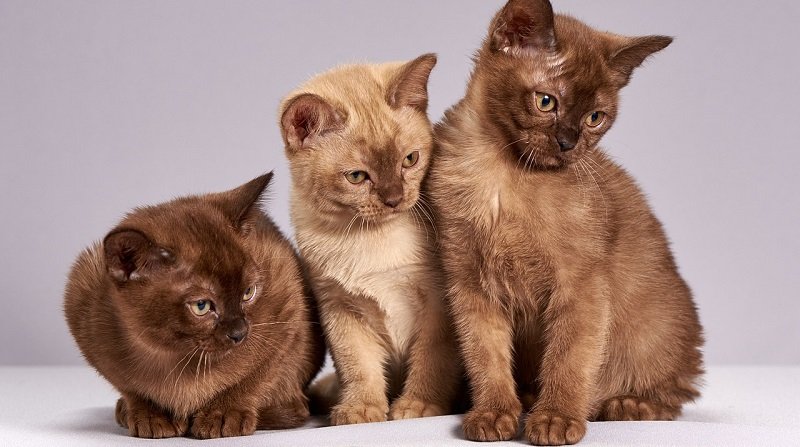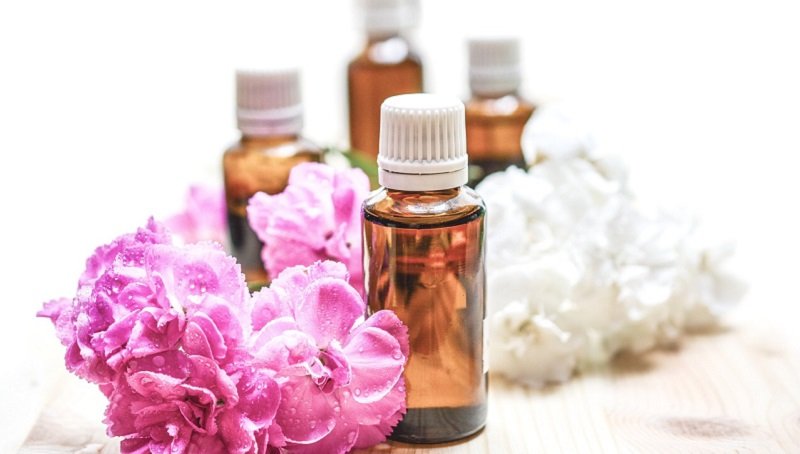Be aware of essential oils on cats
Essential oils are a popular household item, but did you know they can cause serious harm to our feline friends if they get their paws on them?
PDSA Vet Nurse Nina Downing explains: “Essential oils may have benefits to us, but what may be good for us isn’t always good for our cats.”
“Your cat could come into contact with them in a number of ways.”
Direct skin contact.
Never apply any essential oils to your cat’s skin as it could cause a bad reaction, the application of even a few drops of oil can be extremely toxic to your cat.
As cats are very clean and groom themselves regularly, they are also at risk of licking it off and accidentally ingesting it.

Eaten/swallowed
Cats are curious by nature and if they come across essential oils in the home, they may be tempted to directly drink the liquid for example from reed diffusers.
Inhaled
Toxic effects from inhalation are rare because the essential oils used are quite diluted, but for cats with certain medical conditions (like asthma) the risk can be greater.
Symptoms
“Symptoms of essential oil poisoning include: excessive dribbling; vomiting; shaking and tremoring; walking as if they’re drunk; lethargy, depression or dullness, difficulty breathing and breathing with their mouth open like they are panting;
collapse and seizures.
“If your cat has had skin contact with essential oil, you may notice they have sore or red skin, or even chemical burns on their skin.
“However, just because there isn’t any visible damage to their skin don’t assume that they are okay, as they may have ingested the oil without skin contact, or it may have a delayed effect.
“If you suspect your cat has been in contact with or eaten any product containing an essential oil, contact your vet immediately. Bring the packaging to your vet appointment.
Prevention is key
“It might seem a bit obvious, but make sure all essential oils are stored out of reach of curious paws, ideally in a locked cupboard.
Don’t touch your cat after handling essential oils.
If you have come into contact with essential oils, make sure you wash your hands thoroughly before touching your cat.
Avoid using essential oils for cleaning.
If you use essential oils for yourself, try to make sure they are diluted first and keep them out of reach of prying paws.
If you use reed diffusers, plugin diffusers or a nebuliser for essential oils, try to keep your cat out of those particular rooms.
Use a prescription flea product. Because essential oils aren’t very well-regulated, manufacturers can put them in products for your pets.
It’s common that over the counter flea treatments can contain an essential oil to help “repel” fleas.
These are potentially less effective than other flea treatments and may present a risk to your pet, so we would recommend getting advice from your vet.
Find out more at pdsa.org.uk/cats-and-essential-oils-advice
Picture: Pixabay/monicore
